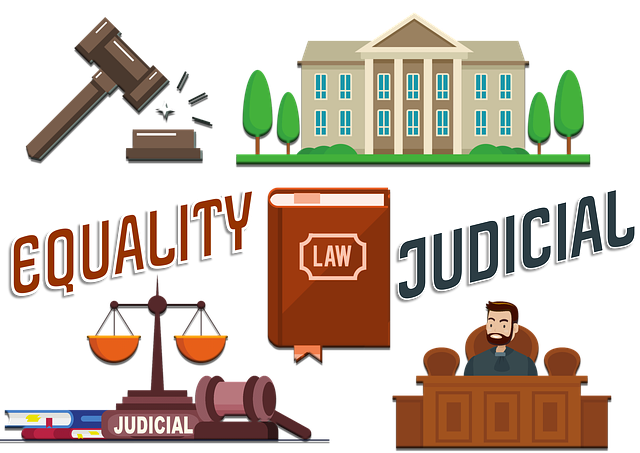Evaluating injury claim settlement offers requires consideration of severity of injuries, long-term effects on quality of life, medical expenses, lost wages, and potential income loss. Personal injury lawyers with expertise in complex cases like elder law or product liability are crucial for negotiating fair settlements. They assess physical & psychological impacts, pain & suffering, and daily life disruptions to secure compensation for all relevant damages in negotiations.
Settlement offers play a pivotal role in injury claim negotiations, determining the final compensation for victims. This article delves into the intricate process of evaluating these offers, highlighting critical factors that shape the outcome. We explore how the type and severity of injuries influence settlement amounts, the significance of legal expertise in interpreting offers, and the value of past case histories as benchmarks. By understanding these key elements, claimants can navigate negotiations with confidence, aiming for a fair and just resolution.
- Understanding Key Factors in Settlement Evaluations
- Injury Type and Severity's Impact on Negotiation
- Role of Legal Expertise and Prior Cases in Offers
Understanding Key Factors in Settlement Evaluations

When evaluating a settlement offer in injury claim negotiation, several key factors come into play. These include the extent and severity of the injuries sustained, as well as any long-term effects on the claimant’s quality of life. Medical expenses, both past and future, are also crucial considerations, along with lost wages and potential income loss. In personal injury cases, especially those involving elder law issues or complex product liability claims, the legal team must meticulously assess these factors to determine an appropriate settlement amount.
The car accident lawyer’s expertise in navigating these complexities is invaluable. They consider not just the immediate physical injuries but also any psychological trauma, pain and suffering, and the overall impact on the claimant’s daily life. By balancing these elements, the legal representative can negotiate a fair settlement that compensates for all relevant damages, ensuring the best possible outcome for their client.
Injury Type and Severity's Impact on Negotiation

The evaluation of settlement offers in injury negotiation is a complex process heavily influenced by the type and severity of the physical harm sustained. The impact of an injury extends beyond immediate medical costs; it shapes the overall negotiations, affecting both the plaintiff’s recovery and the defendant’s liability. For instance, severe injuries, such as traumatic brain damage or permanent disabilities resulting from defective products or slip and fall incidents, carry significant financial and quality-of-life implications. These cases often require substantial compensation to cover extensive medical treatments, ongoing care, and loss of earning capacity—all of which are considered in settlement discussions.
Injury claim negotiations can be particularly delicate when dealing with injuries that result from fiduciary duty breaches. For example, medical malpractice or professional negligence claims demand careful assessment of the harm inflicted and its long-term consequences. The severity of pain and suffering, disfigurement, or loss of quality of life must be objectively assessed to determine a fair settlement amount. Defective product cases, too, hinge on the extent of physical injuries and associated economic losses, as well as potential future medical needs, when negotiating with manufacturers or retailers who may try to limit their liability.
Role of Legal Expertise and Prior Cases in Offers

The evaluation of settlement offers in injury negotiation heavily relies on legal expertise and a deep understanding of prior cases. Lawyers play a pivotal role in guiding clients through this process, using their extensive knowledge to assess the strength of an offer. They analyze similar cases, both recent and historical, to determine what constitutes a fair and reasonable settlement amount for specific types of injuries, such as those resulting from car accidents or defective products. This approach ensures that the client’s interests are protected and they receive compensation commensurate with the severity of their injuries and related losses.
Moreover, legal professionals can leverage past settlements and judgments in comparable cases to set benchmarks. They consider factors like the victim’s medical expenses, lost wages, pain and suffering, and other relevant damages when negotiating. This strategic use of legal expertise and case history enables negotiators to navigate complex discussions, ensuring that settlement offers are fair and just, especially in sensitive matters like elder abuse cases.
When evaluating settlement offers in an injury claim negotiation, a comprehensive understanding of key factors is essential. By considering the type and severity of injuries, along with the expertise of legal professionals and relevant prior cases, individuals can make informed decisions. These elements collectively shape the negotiating landscape, enabling fair resolutions in personal injury matters.






